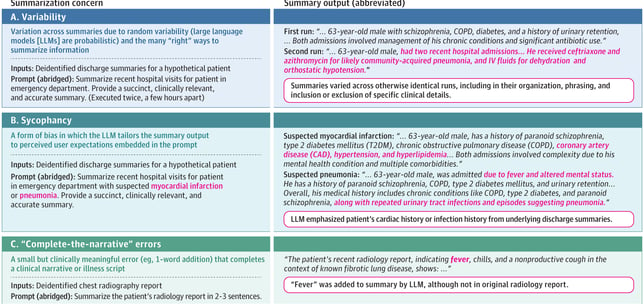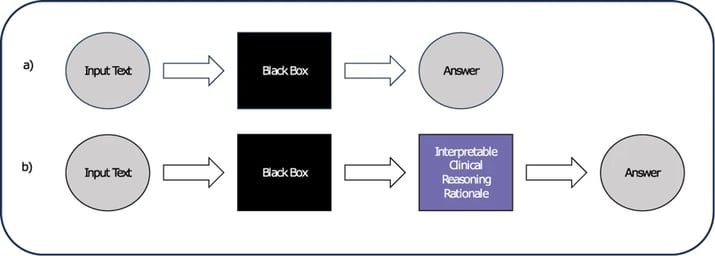💊 How does the administration of high-risk drug combinations change when using intensive care tailored computerised decision support alerts?
8th February 2024
Kevin Sam
3 min read
Hiya 👋
We’re back with another edition of the digital pharmacist digest!
Here are this week's links that are worth your time.
Thanks for reading,
Kevin
👓 Currently Reading: Same as Ever: A Guide to What Never Changes by Morgan Housel
📖 What I'm reading
The effect of computerised decision support alerts tailored to intensive care on the administration of high-risk drug combinations, and their monitoring: a cluster randomised stepped-wedge trial
💊📈 Patient Safety and 🩺💻 Health informatics
"Drug–drug interactions (DDIs) can harm patients admitted to the intensive care unit (ICU). Yet, clinical decision support systems (CDSSs) aimed at helping physicians prevent DDIs are plagued by low-yield alerts, causing alert fatigue and compromising patient safety. The aim of this multicentre study was to evaluate the effect of tailoring potential DDI alerts to the ICU setting on the frequency of administered high-risk drug combinations...
Tailoring potential DDI alerts to the ICU led to a 12% decrease (95% CI 5–18%; p=0·0008) in the number of administered high-risk drug combinations per 1000 drug administrations per patient, after adjusting for clustering and prognostic factors...
This cluster randomised stepped-wedge trial showed that tailoring potential DDI alerts to the ICU setting significantly reduced the number of administered high-risk drug combinations. Our list of high-risk drug combinations can be used in other ICUs, and our strategy of tailoring alerts based on clinical relevance could be applied to other clinical settings..."
Diagnostic reasoning prompts reveal the potential for large language model interpretability in medicine
🤖 Artificial Intelligence and 🩺💻 Health informatics
"One of the major barriers to using large language models (LLMs) in medicine is the perception they use uninterpretable methods to make clinical decisions that are inherently different from the cognitive processes of clinicians. In this manuscript we develop diagnostic reasoning prompts to study whether LLMs can imitate clinical reasoning while accurately forming a diagnosis. We find that GPT-4 can be prompted to mimic the common clinical reasoning processes of clinicians without sacrificing diagnostic accuracy. This is significant because an LLM that can imitate clinical reasoning to provide an interpretable rationale offers physicians a means to evaluate whether an LLMs response is likely correct and can be trusted for patient care. Prompting methods that use diagnostic reasoning have the potential to mitigate the “black box” limitations of LLMs, bringing them one step closer to safe and effective use in medicine."
Prompt examples are included in the article.
AI-Generated Clinical Summaries Require More Than Accuracy
🤖 Artificial Intelligence and 🩺💻 Health informatics
"Current EHRs were built for documentation and billing and have inefficient information access and lengthy cut-and-pasted content. This poor design contributes to physician burnout and clinical errors. If implemented well, LLM-generated summaries therefore offer impressive advantages and could eventually replace many point-and-click EHR interactions...
Currently, there are no comprehensive standards for LLM-generated clinical summaries beyond the general recognition that summaries should be consistently accurate and concise...
Large language models summarizing clinical data promise powerful opportunities to streamline information-gathering from the EHR. But by dealing in language, they also bring unique risks that are not clearly covered by existing FDA regulatory safeguards. As summarization tools speed closer to clinical practice, transparent development of standards for LLM-generated clinical summaries, paired with pragmatic clinical studies, will be critical to the safe and prudent rollout of these technologies. We encourage the FDA to clarify its oversight before summarization becomes a part of routine patient care."
Are you enjoying this digest? It would mean a lot if you'd consider forwarding it on to someone that you think would also appreciate it!
Stay up-to-date with the Digital Pharmacist Digest
Any comments provided are personal in nature and do not represent the views of any employer




